T4K3.news
Odesa strike verified by satellite data
BBC Verify confirms location of a Socar facility hit near Odesa with night footage and NASA data, no casualties reported yet.
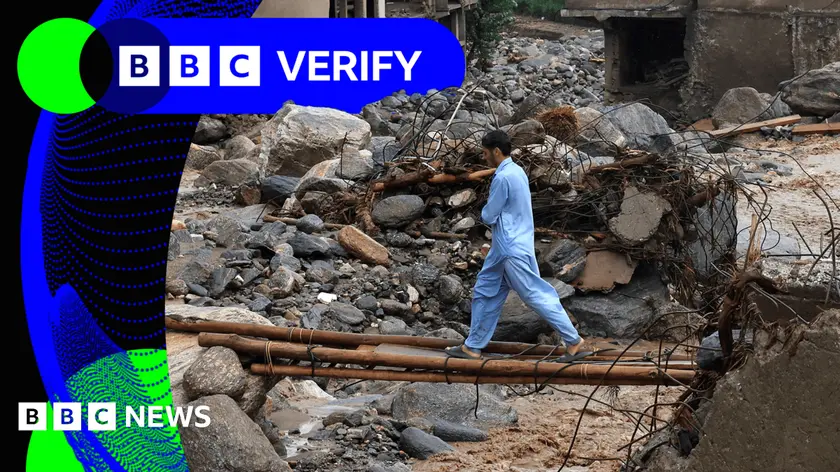
BBC Verify checks claims of a strike near Odesa using night footage and satellite data to verify the location and impact.
Odesa strike verified by satellite data
BBC Verify examined overnight claims that a Russian strike hit a site owned by Socar near Odesa. Regional head Oleh Kiper said the attack damaged the facility and firefighters were at the scene. The footage was shot at night, which makes verification harder.
One clip shows a lattice mast and a four storey building with a curved corner across from a Socar silo, helping confirm the location northwest of Odesa. NASA's heat-detection system reportedly picked up hotspots at the same site. BBC Verify notes there have been no deaths or injuries reported so far.
Key Takeaways
"A Russian strike has damaged a Socar site."
Statement from Oleh Kiper
"Images show firefighters tackling a blaze at night."
BBC Verify note on verification challenges
"NASA heat-detection data show hotspots at the location."
BBC Verify note
"No deaths or injuries have so far been reported."
BBC Verify update
Verification in modern conflicts relies on cross checking many signals. Ground video, satellite data, and official statements must fit together. Night footage adds uncertainty, even when a clip looks clear.
The report also shows how a single incident can become leverage for political narratives. Naming suspects and linking to a company carries risk of misinterpretation before independent confirmation. Editors should use careful language and seek multiple sources before drawing firm conclusions.
Highlights
- Night footage tests verification more than it proves
- Satellite data gives direction not a verdict
- Truth in conflict reporting lives in cross checks
- A single frame is not the full map of a story
Political and security concern over conflict reporting
The report ties a military strike to a company and a location, which can influence public opinion and diplomatic reactions. Verification in conflict zones is sensitive and risks being weaponized in narratives before independent confirmation.
The truth in conflict zones depends on steady, careful checks as new data arrives.
Enjoyed this? Let your friends know!
Related News
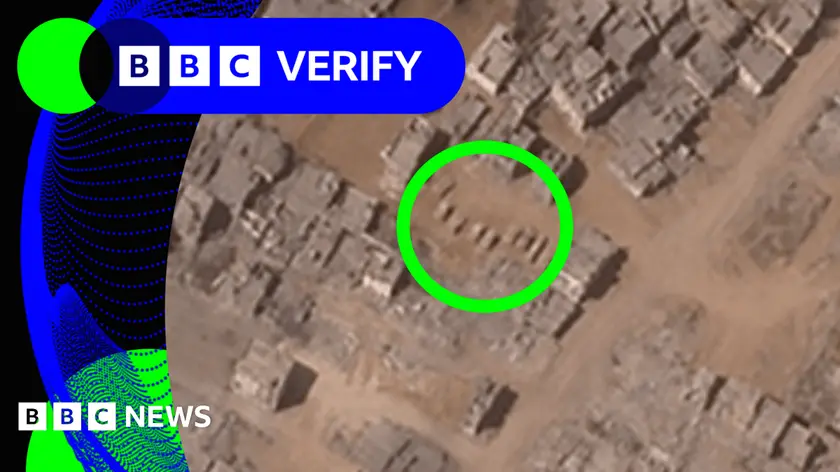
Verified drone strike seen near Odesa fuel facility

Trump signals peace talks with Russia ahead of Alaska summit

Kremlin presses Donetsk surrender in ceasefire offer
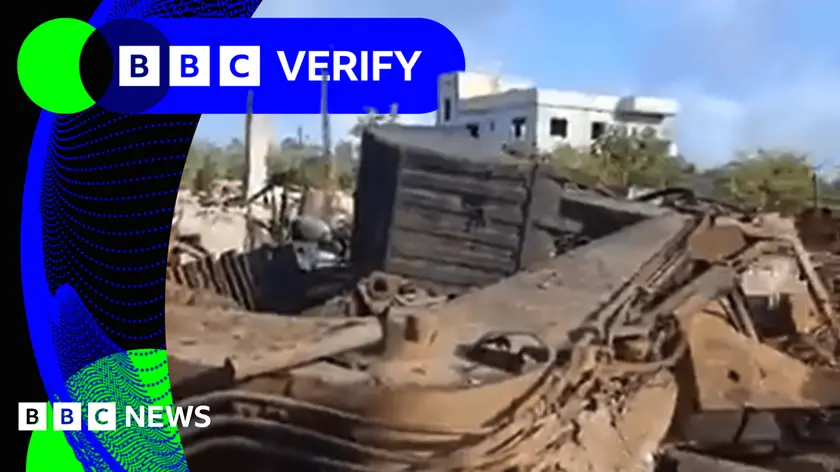
Israeli air strikes in Lebanon confirmed
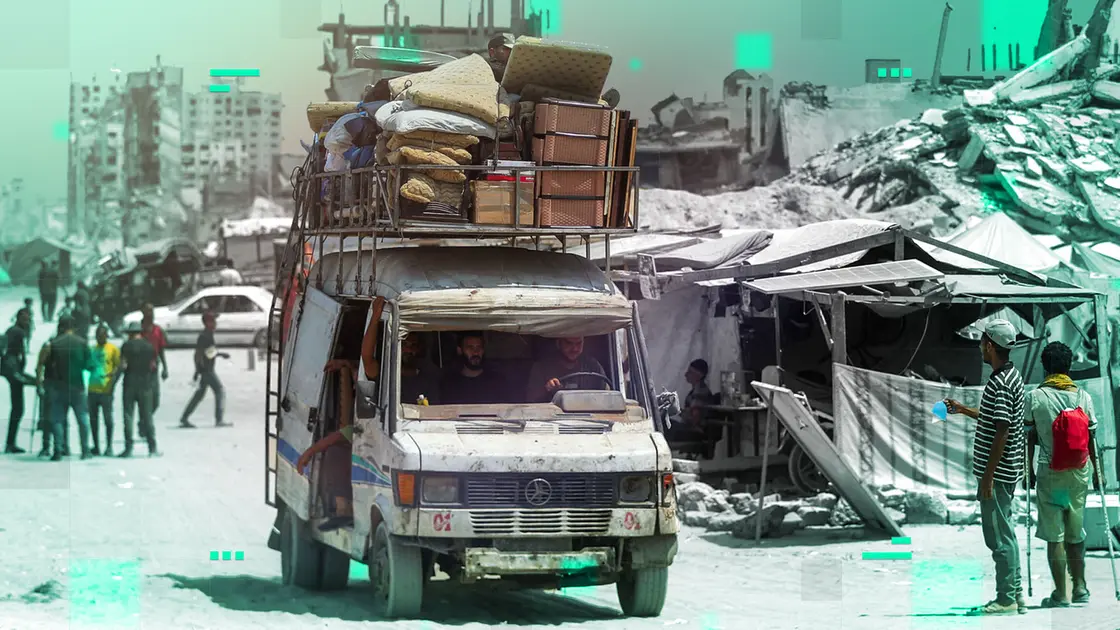
Civilians flee Gaza City as Israeli forces press into the city

Europe to fund Ukraine defense continues

Kremlin seeks veto on Ukraine security guarantees
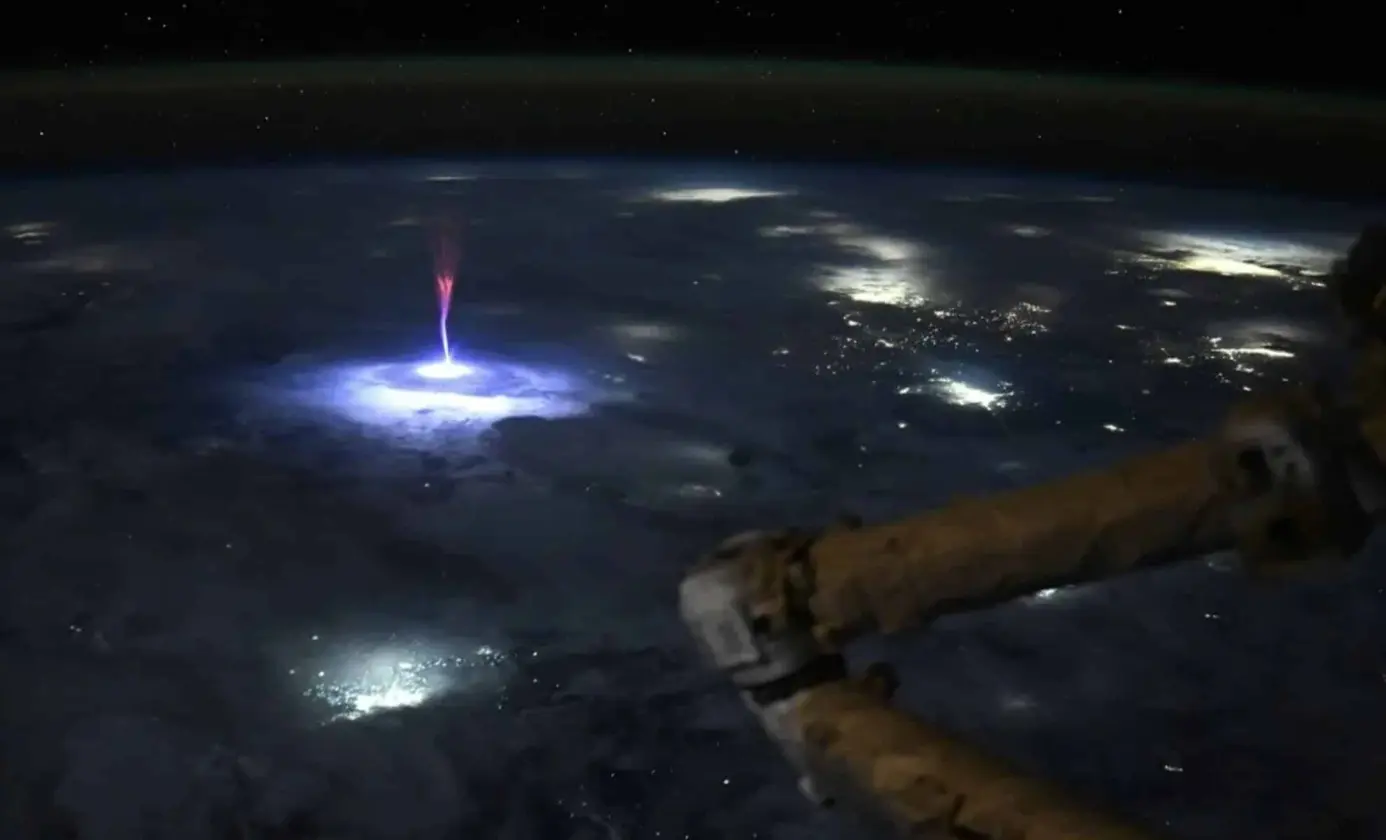
NASA captures ultra rare gigantic jet from space
